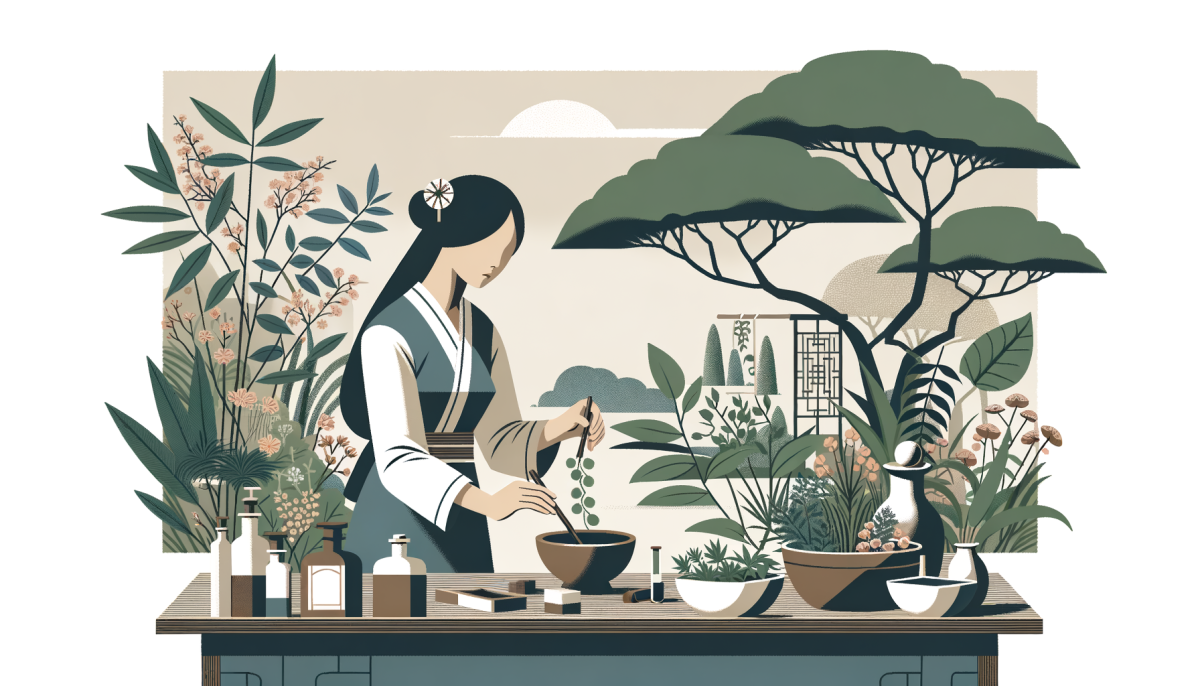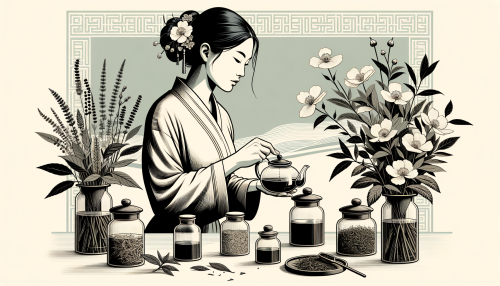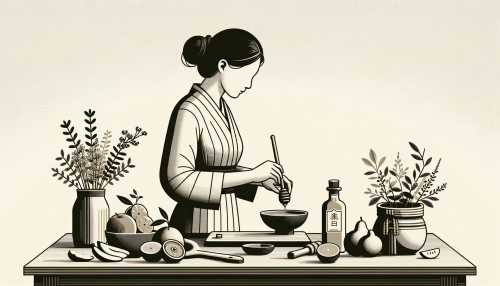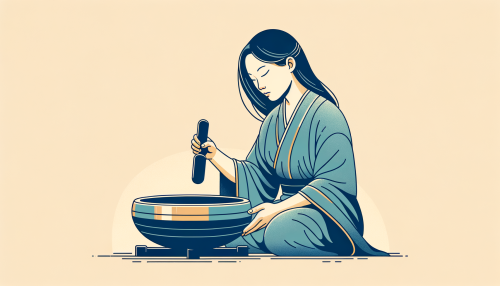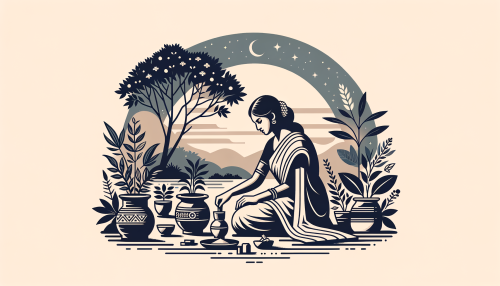Introduction
Herbal alchemy, an ancient practice steeped in mystery and intrigue, is the art of transforming plants into potions. This discipline, a fusion of botany and chemistry, has been practiced for centuries, offering a natural alternative to synthetic medicines. This article will delve into the fundamentals of herbal alchemy, providing a comprehensive guide for those interested in exploring this fascinating field.
Understanding Herbal Alchemy
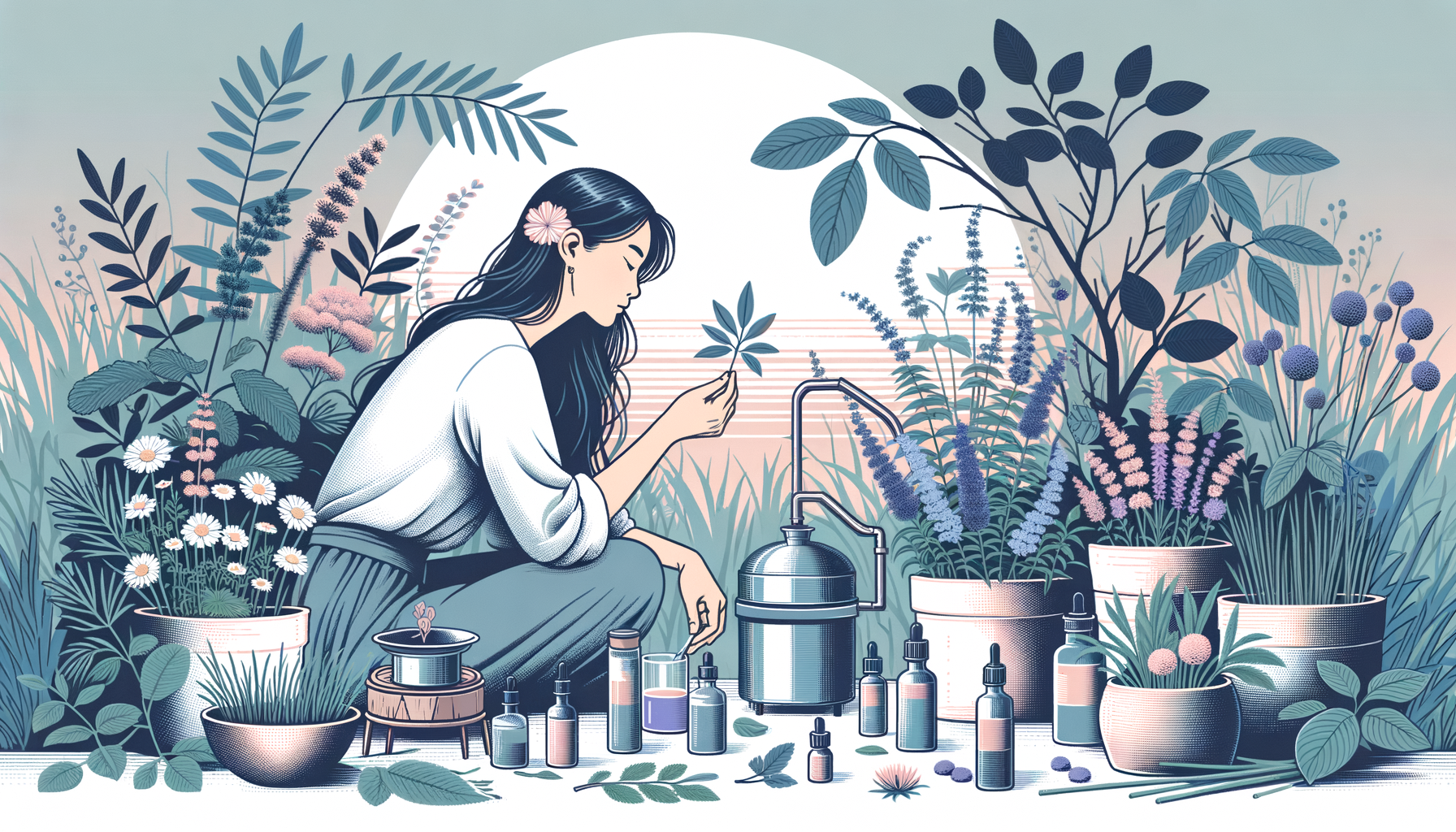
Herbal alchemy, also known as spagyrics, is a branch of alchemy that focuses on the transformation of plants into medicinal potions. It is a practice that dates back to the ancient times, with roots in various cultures around the world. The term ‘spagyric’ is derived from the Greek words ‘spao’ meaning ‘to draw out’ and ‘ageiro’ meaning ‘to gather’, reflecting the process of extracting and combining the essential elements of plants.
The practice of herbal alchemy involves three primary stages: separation, purification, and cohobation. Separation involves the extraction of the three essential principles of a plant: the Salt (body), Sulphur (soul), and Mercury (spirit). Purification is the process of refining these principles to their purest form. Finally, cohobation is the recombination of these purified principles into a single, potent potion.
The goal of herbal alchemy is not merely to create a physical potion, but to capture the spiritual essence of the plant. This is achieved through a series of intricate processes that require patience, precision, and a deep understanding of the natural world. The resulting potions are believed to possess powerful healing properties, capable of addressing both physical ailments and spiritual imbalances.
Plant Selection Process
The selection of plants is a critical aspect of herbal alchemy. Each plant possesses its unique properties and energies, which are harnessed and amplified in the alchemical process. Therefore, the choice of plant material significantly influences the potency and efficacy of the resulting potion.
The selection process begins with a thorough understanding of the plant’s medicinal properties. This involves studying the plant’s morphology, habitat, and traditional uses. Additionally, the alchemist must also consider the plant’s astrological correspondences, as each plant is believed to be influenced by specific celestial bodies.
Once a suitable plant has been identified, the next step is harvesting. This must be done with utmost respect and care, as the plant is not merely a material resource but a living entity with its own spirit. The timing of the harvest is also crucial, as it is believed that plants possess the highest medicinal potency at specific times of the year, often aligned with lunar cycles.
Potion Preparation Techniques
The preparation of potions is a meticulous process that requires both technical skill and intuitive understanding. The first step is the extraction of the plant’s essential principles. This is typically achieved through distillation, a process that involves heating the plant material to release its volatile components.
Once the essential principles have been extracted, they are purified through a series of processes. This may involve calcination (heating the material to a high temperature), sublimation (transforming a substance from a solid to a gas), or fermentation (breaking down the material through the action of enzymes).
The final step is cohobation, the recombination of the purified principles. This is a delicate process that requires precise timing and careful measurement. The resulting potion is a concentrated essence of the plant, imbued with its healing properties and spiritual energy.
Conclusion
Herbal alchemy is a profound practice that offers a unique approach to healing. By harnessing the power of plants, alchemists create potent potions that address both physical and spiritual ailments. While the process may seem complex, with patience and dedication, anyone can embark on this rewarding journey. As we continue to seek natural alternatives to synthetic medicines, the ancient art of herbal alchemy remains as relevant and fascinating as ever.

